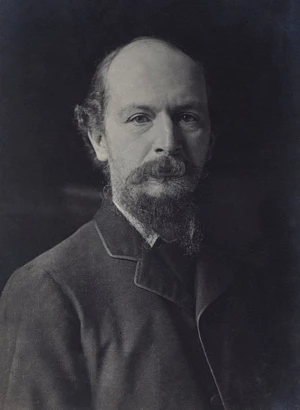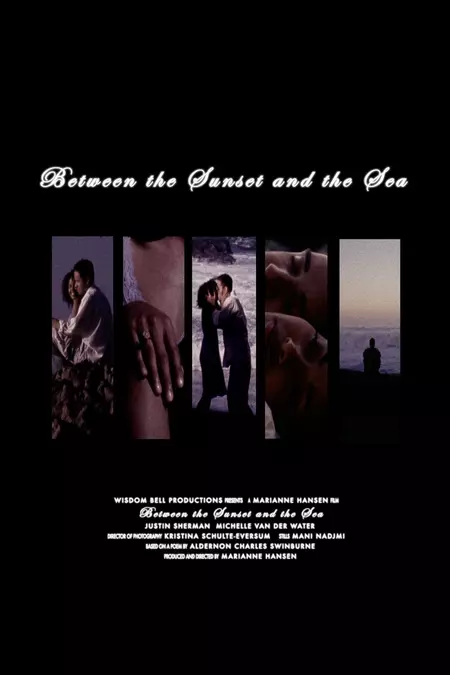
Biography
(No Information)
Filmography
all 2
Movies 2
Writer 1
Information
Known ForWriting
GenderMale
Birthday1837-04-05
Deathday1909-04-10 (72 years old)
Birth PlaceLondon, United Kingdom
FatherCharles Henry Swinburne
MotherJane Ashburnham
CitizenshipsUnited Kingdom of Great Britain and Ireland
This article uses material from Wikipedia.
Last updated:
 Algernon Charles Swinburne
Algernon Charles Swinburne- Filmography
- Information

